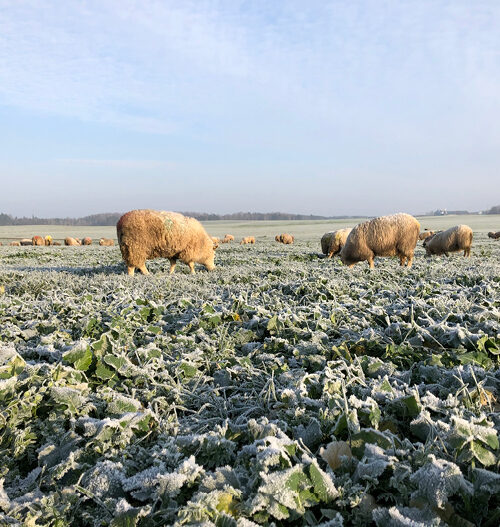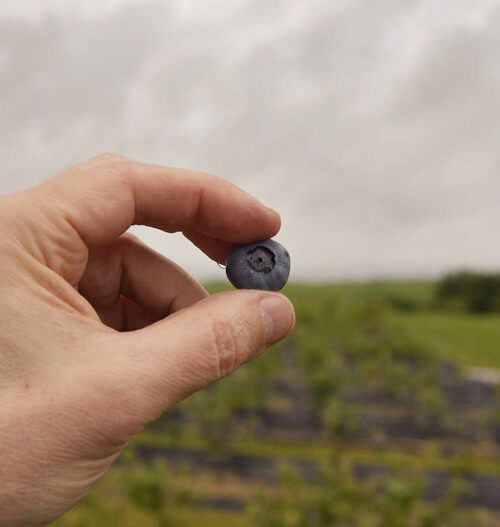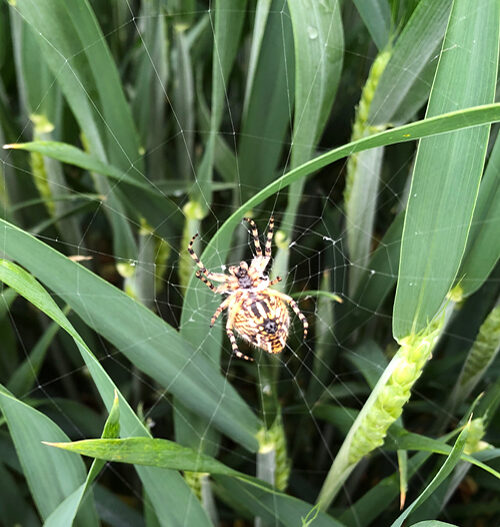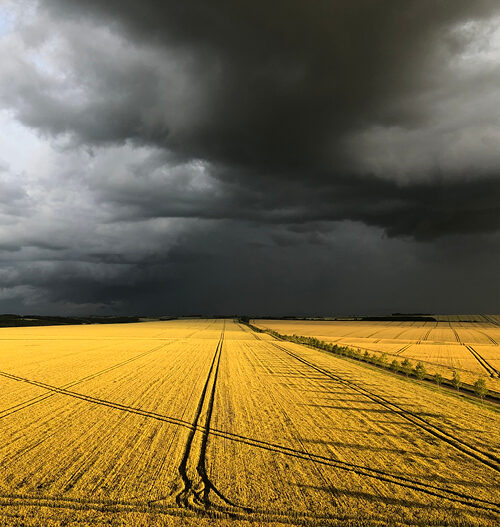Our Farms
We are long-term owners of land. We own and manage 43 farms and forests across nine countries and four continents. Our worldwide number of hectares adds up to more than 100,000 hectares of which we protect 32% as natural habitats, including 2.8% as water habitats. We own and manage arable land, pastures, horticulture and forests.
Explore our farms
Show on:
Map
List
Sort by production:
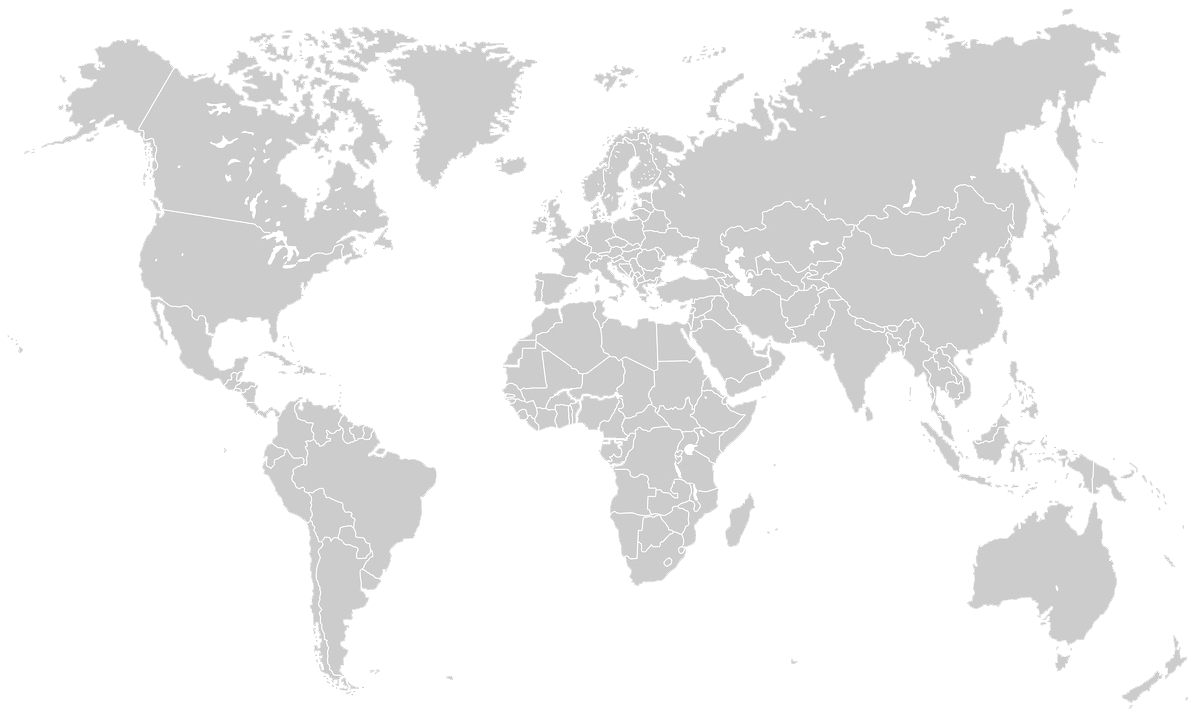


















Australia
Hectares:
22,049
Production:
Cattle, milk, row crops, seeds, sheep
Read about our farms in
Australia
Romania
Hectares:
19,891
Production:
Blueberries, cattle, mixed forestry, row crops, seeds, hazelnut
Read about our farms in
Romania
Uruguay
Hectares:
27,217
Production:
Cattle, row crops, seeds, sheep
Read about our farms in
Uruguay
How we work
Table grape harvest
On our farms in Peru, we grow 3 different varieties of table grapes. During harvest, we have 300 people working, harvesting about 66 tonnes of table grapes per day.
Our team cleans and inspects each bunch, discarding any grapes that do not comply with our quality standards.
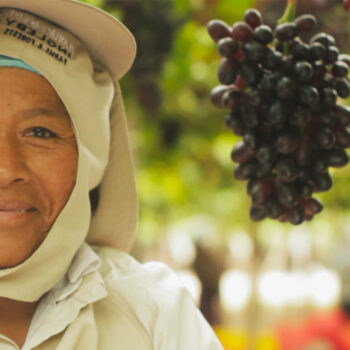
We farm with nature


